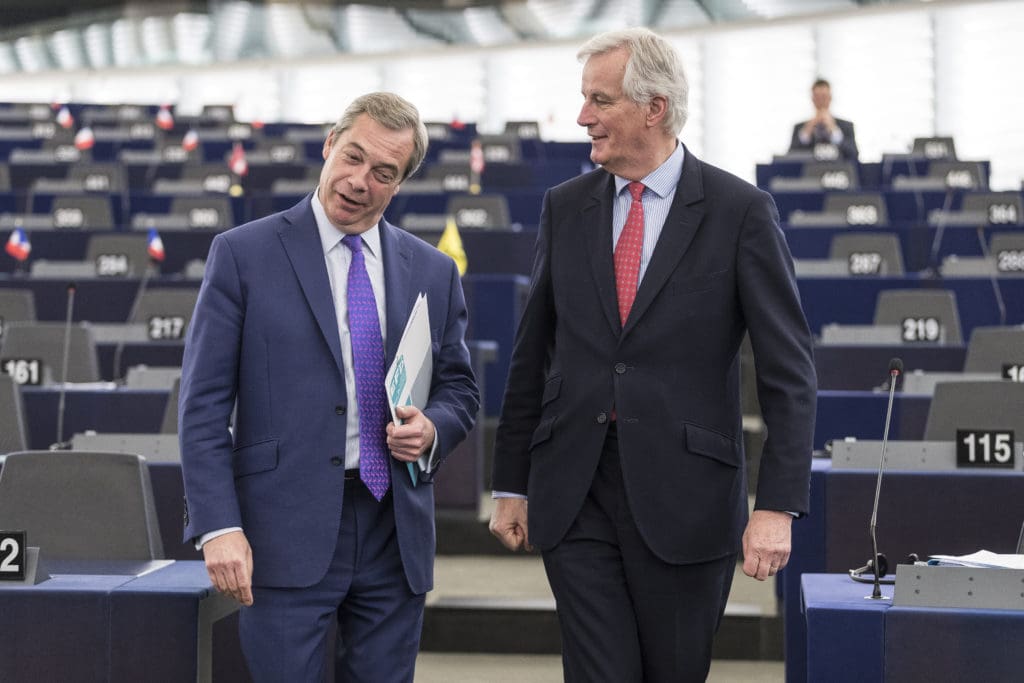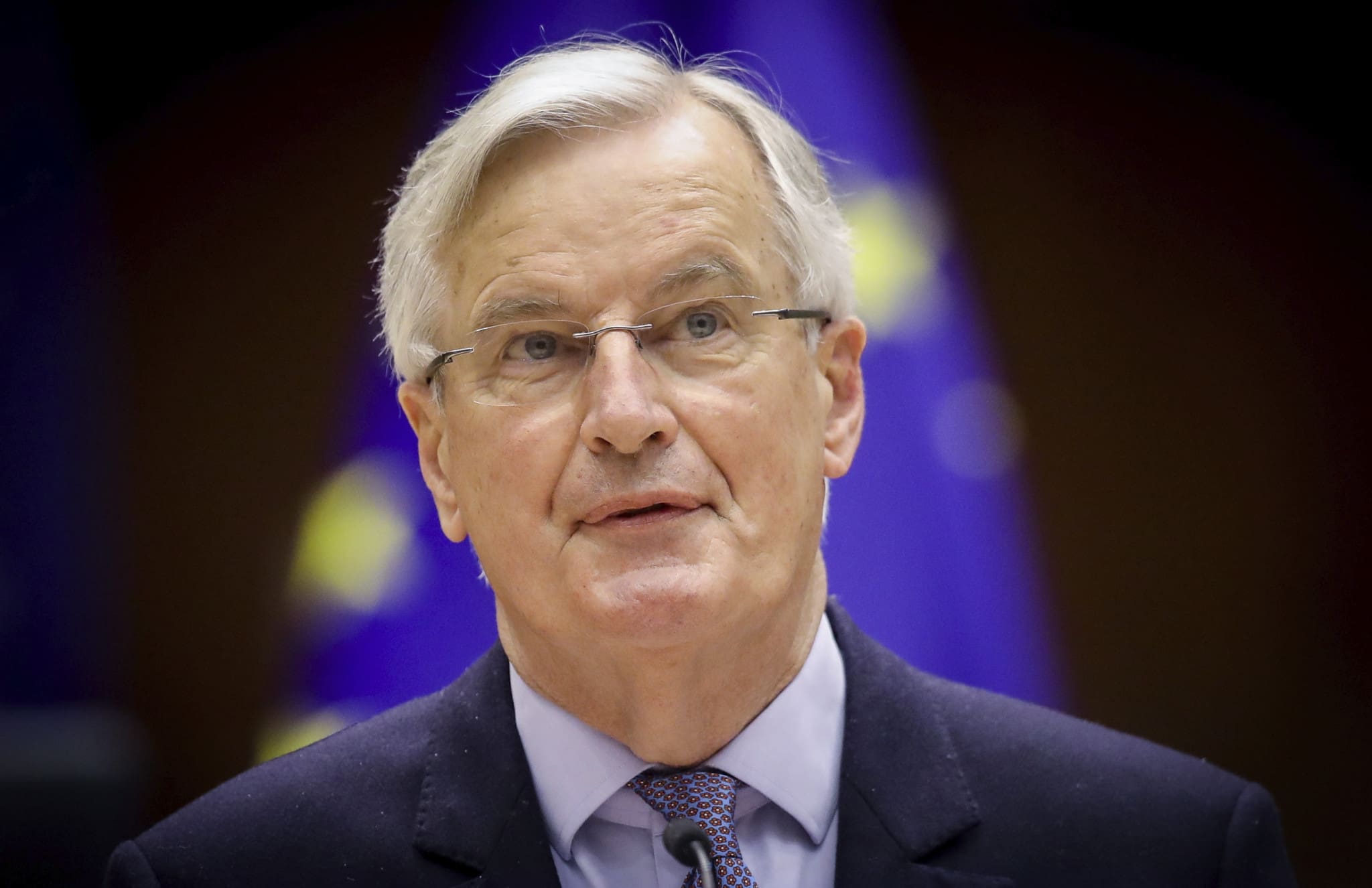With a political and ideological adaptability bordering on moral opportunism, Michel Barnier, the European Union’s former chief Brexit negotiator, has surprised commentators with his newly acquired stance regarding French national sovereignty in the context of European legislation.
During a meeting of the Les Républicains party in Nimes, France, Barnier, who is now running as a potential candidate for the presidential elections on behalf of the French conservative party, stated that, “We cannot do all this without having regained our legal sovereignty, being permanently threatened by a ruling or a condemnation at the level of the European Court of Justice or the European Convention on Human Rights.” He also added that he will demand a referendum that will have two objectives: “that of a parliamentary control on the quotas of immigrants each year and finally that of recovering through a constitutional shield our freedom to maneuver and interpret matters related to immigration.”

This stance, however, is in stark contrast with Barnier’s earlier statements. The former EU commissioner and vice president of the European People’s Party (EPP) has been unequivocal about the authority of the European Court of Justice and of the European Convention on Human Rights throughout his career, and specifically while negotiating Britain’s departure from the union. Barnier used to be in favor of migrant quotas. Now, he is taking a more neutral stance, saying that member states should be able to decide for themselves, and stressing the effects of migrant quotas proposed by the European left and countries overburdened by the constant arrival of masses of illegal migrants. These migrant quotas would allocate a certain number of new arrivals to all member states according to the size of their population, a proposal that was flatly rejected by conservative governments such as the ones in Hungary or Czechia. Since the proposal’s birth in 2015, Barnier has never spoken about a “constitutional shield” — until now, that is, when he is running for the French presidency as a conservative candidate.
Nigel Farage, former British politician and leader of the Brexit Party, has stated that Michel Barnier is the “biggest hypocrite ever born” for his newly-found euroskepticism. The remarks refer to the fact that the former EU Brexit negotiator has in the past demanded that the British recognize the authority of the European Court of Justice even after departure from the EU, and he was the one who convinced the British government that the country should remain part of the European Court of Human Rights in exchange for concessions on extradition rules.

The European Court of Justice should not have the formal powers to overrule the decisions of courts of member states, yet the precedents of Europe’s top court interfering with such decisions are growing in number. Poland has been criticized and threatened with sanctions over its Constitutional Court’s ruling that temporary injunctions issued by the EU court regarding the national judiciary were non-binding.
There is also a pending decision by Poland’s Constitutional Tribunal on whether the country’s constitution or European Union treaties take precedence. Still, Barnier seems quite confident in his judgment that what is not permissible for the Eastern European country could be tolerated if France had decided to implement it. His proposal to put the final decision concerning migrant-quotas into the hands of a national legislature will also raise eyebrows in Brussels, since countries such as Hungary have been severely criticized for doing just that.
Yet, it is not so much the double standards that EU politicians seem to exploit to the benefit of larger and more powerful member states over some of the less affluent ones. Even more important, Barnier is the symbol of the decline of the European right, of the opportunistic watering down of conservative values on the altar of a European superstate. The EPP, which Barnier was vice president of, is the most powerful memento of the transformation of once nation-based civic movements into globalist progressive political forces. One can call Barnier’s newly found stances merely a form of pragmatism, but others may find Nigel Farage’s opinion more descriptive.





